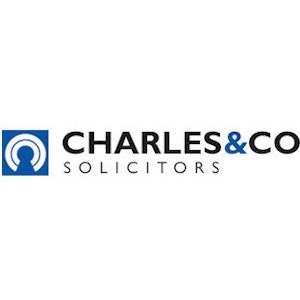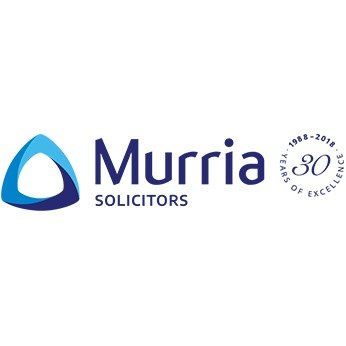Best New Business Formation Lawyers in United Kingdom
Share your needs with us, get contacted by law firms.
Free. Takes 2 min.
Or refine your search by selecting a city:
List of the best lawyers in United Kingdom
About New Business Formation Law in United Kingdom
New Business Formation Law in the United Kingdom encompasses the legal processes and requirements for establishing a new business entity. The UK offers several types of business structures, including sole proprietorships, partnerships, limited liability partnerships (LLP), and limited companies. Each structure has specific legal implications, tax obligations, and compliance requirements. Entrepreneurs must choose the most suitable business structure, register it with the appropriate authorities, and ensure compliance with various laws and regulations.
Why You May Need a Lawyer
There are several situations where legal help is crucial when forming a new business. These include selecting an appropriate business structure, drafting partnership or shareholder agreements, navigating complex regulatory environments, protecting intellectual property rights, and compliance with employment laws. A lawyer can also assist with tax registrations, obtaining licenses and permits, and ensuring that business activities adhere to local laws and regulations.
Local Laws Overview
Key aspects of local laws relevant to new business formation in the United Kingdom include registration with Companies House for limited companies, VAT registration if applicable, compliance with employment law, and data protection requirements. Businesses must also adhere to health and safety regulations, as well as industry-specific legislation. Understanding these local laws is critical to ensuring legal compliance and avoiding potential penalties.
Frequently Asked Questions
What is the most common business structure in the UK?
The most common business structure in the UK is the private limited company (Ltd). It provides limited liability to its owners and is a separate legal entity.
What do I need to register a limited company?
To register a limited company, you need a unique company name, a registered address, at least one director, one shareholder, and the company's articles of association.
Do I need to have a business bank account?
While not legally required for sole traders, it is advisable to keep separate business finances. Limited companies must have a separate business bank account.
How long does it take to register a company?
Registering a company with Companies House can take as little as 24 hours when done online, but paper applications can take 8-10 days.
What are Articles of Association?
Articles of Association are internal rules for managing a limited company, defining the responsibilities of directors and the mode of operation.
Do I need to register for VAT?
You must register for VAT if your taxable turnover exceeds the threshold of £85,000 as of 2023. Voluntary registration is also possible if below the threshold.
What are my obligations as a company director?
Company directors are obliged to act within their powers, promote the success of the company, exercise independent judgment, and demonstrate due care, skill, and diligence.
Do I need a licence to operate my business?
Some businesses in the UK require specific licences or permits to operate. Examples include hospitality, finance, or healthcare sectors.
What is a sole trader?
A sole trader is a self-employed person who is the sole owner of their business. Sole traders are individually responsible for the business's debts.
Can I protect my business name?
While registering a company protects your name within the UK, trademarks offer broader legal protection preventing others from using identical or similar names.
Additional Resources
Governmental bodies such as Companies House, HM Revenue and Customs (HMRC), and local Chambers of Commerce can provide valuable resources and information. Online platforms like the GOV.UK website offer comprehensive guidance on business registration and compliance.
Next Steps
If you need legal assistance with new business formation, consider engaging a solicitor who specializes in business law. They can provide tailored advice to suit your specific needs. Begin by seeking recommendations, checking qualifications, and arranging consultations to discuss your business formation requirements.
Lawzana helps you find the best lawyers and law firms in United Kingdom through a curated and pre-screened list of qualified legal professionals. Our platform offers rankings and detailed profiles of attorneys and law firms, allowing you to compare based on practice areas, including New Business Formation, experience, and client feedback.
Each profile includes a description of the firm's areas of practice, client reviews, team members and partners, year of establishment, spoken languages, office locations, contact information, social media presence, and any published articles or resources. Most firms on our platform speak English and are experienced in both local and international legal matters.
Get a quote from top-rated law firms in United Kingdom — quickly, securely, and without unnecessary hassle.
Disclaimer:
The information provided on this page is for general informational purposes only and does not constitute legal advice. While we strive to ensure the accuracy and relevance of the content, legal information may change over time, and interpretations of the law can vary. You should always consult with a qualified legal professional for advice specific to your situation.
We disclaim all liability for actions taken or not taken based on the content of this page. If you believe any information is incorrect or outdated, please contact us, and we will review and update it where appropriate.
Browse new business formation law firms by city in United Kingdom
Refine your search by selecting a city.

















